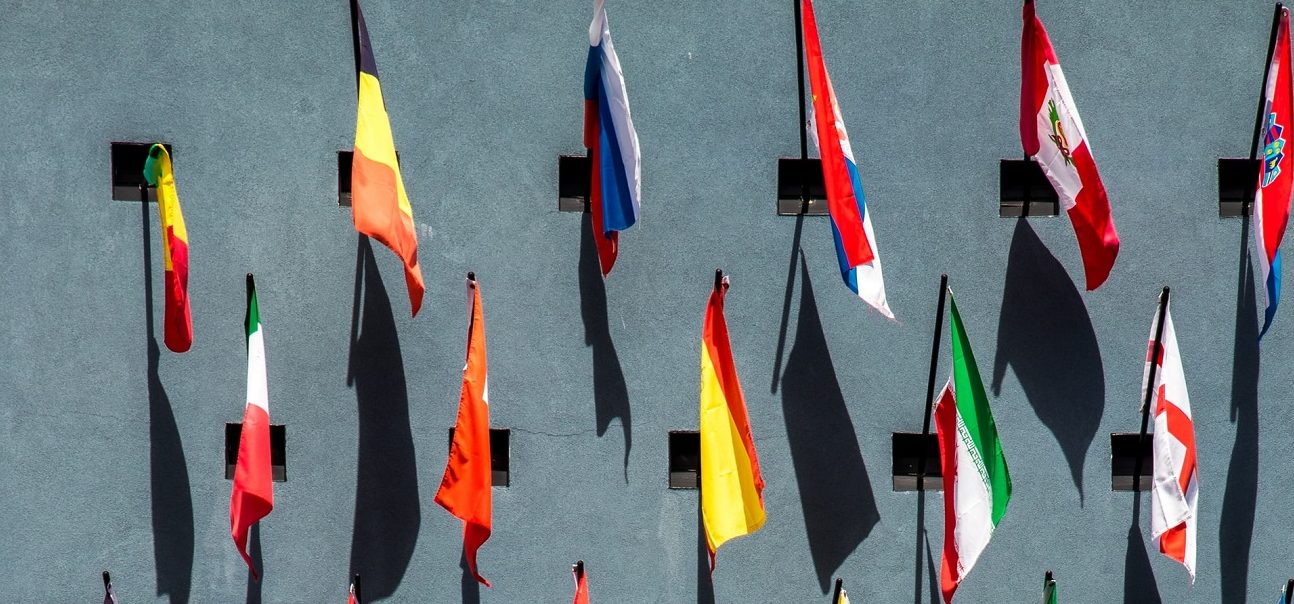According to Pew Research Center, “A majority of young adults in the U.S. live with their parents for the first time since the Great Depression.” In the 1960s, only 29 percent of young adults lived with their parents.
Over the years, and especially since the outbreak of Covid-19, the number of (involuntarily) stay-at-home grownup children has spiked to more than 52 percent, and rising.
It may seem counterintuitive for young adults to live with their parents. After all, youngsters want their independence; they want to succeed, accomplish things, and make their mark in the world. Even if they’re not great achievers, they certainly don’t want their parents prying into their personal lives. So why are they moving home again, or refraining from leaving home altogether?
“Reality, or nature, is all-inclusive. Everything within it is connected in countless ways to everything else. We need a society to start developing mutual connections, learn how to interact, and thereby start to feel the connections and interactions that permeate everything! Only if we can tap into the all-inclusive mechanism of reality, we will feel that our lives have meaning, that we know how to live them, and we will understand where they are going.”
There are several reasons for this, and on different levels. On the more superficial level, today we aren’t as confident about how we should manage our lives or about where the world is going. Personal and national breakdowns have become more common, and our confidence in ourselves and in our future, as individuals and as a society, has plummeted. We no longer aspire to conquer the world and make our mark, “to be somebody,” as young people used to say. Instead, we hope to get by.
Clearly, not everyone is in that state, but the statistics speak for themselves; it’s happening to a lot of people. As a result, instead of taking chances and jumping head first into life’s deep water, we merely dip our foot in it to test the temperature. Only if we’re confident things will go well, we venture inside.
On the deeper level, there is a sense of meaninglessness that is inching into the consciousness of young adults. It is not that today’s young people don’t want to enjoy life, and it is not only that they are afraid of being hurt by life’s obstacles; it is also that the temptations that life offers, such as money, power, and fame, simply don’t entice them anymore. They don’t find the trophies of our generation appealing, yet they have no others prizes to pursue. This is why so many of them are depressed. When you have everything you need for life, but no reason to live, you cannot help but feel miserable. Some are conscious of it, others are not, but you can see it through their frantic search for experiences that take them to the edge, such as extreme sports, hard drugs, violence, and various addictions.
This sense of meaninglessness is the crux of the matter. In an era where everything is shared, where every product is manufactured and assembled in twenty different countries, an individualistic mindset is the opposite of the flow of reality, yet this is what we are attempting to utilize. It is no wonder that we can’t understand life; we think in the opposite direction to the course of life!
Today, in order to find satisfaction in life, we must incorporate ourselves positively in society, become contributing elements to its prosperity. The “Me! Me! Me!” culture has exhausted itself, and little by little, its opposite is emerging: the We! We! We! approach.
A person who is connected to society feels not only the society, but the flow of life that streams through the society. Society is just a means to connect to a much greater and deeper structure: the whole of reality. Reality, or nature, is all-inclusive. Everything within it is connected in countless ways to everything else. We need a society to start developing mutual connections, learn how to interact, and thereby start to feel the connections and interactions that permeate everything! Only if we can tap into the all-inclusive mechanism of reality, we will feel that our lives have meaning, that we know how to live them, and we will understand where they are going.











